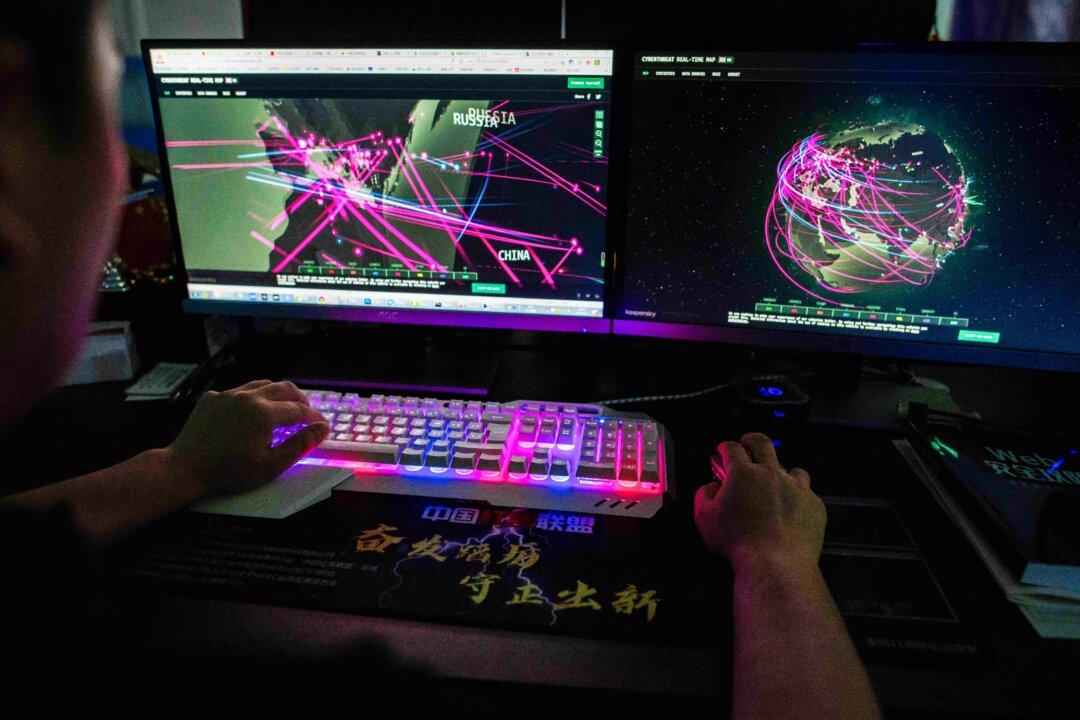WASHINGTON—China’s communist regime will likely seek to cripple critical U.S. infrastructure as part of a military attack on Taiwan to shake Washington’s resolve to defend the self-ruled island, according to a government cybersecurity official and lawmakers.
“In the past few years, our intelligence and cybersecurity agencies have discovered that the CCP has hacked into American critical infrastructure for the sole purpose of disabling and destroying our critical infrastructure in the event of a conflict—a conflict over Taiwan, for example,” Rep. Mike Gallagher (R-Wis.), chairman of the House Select Committee on the Chinese Communist Party (CCP), said during a congressional hearing on Jan. 31.






